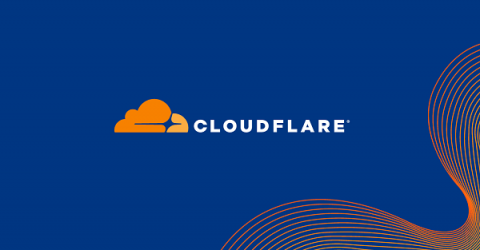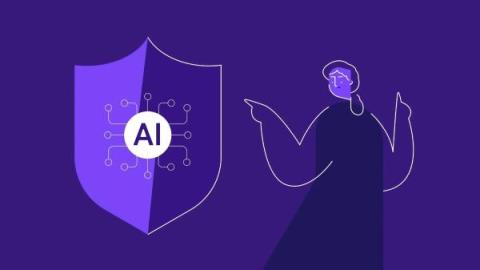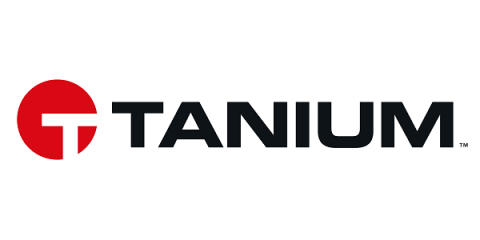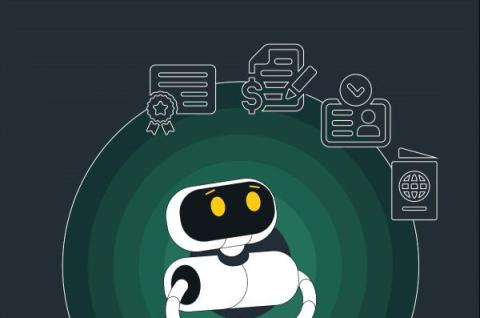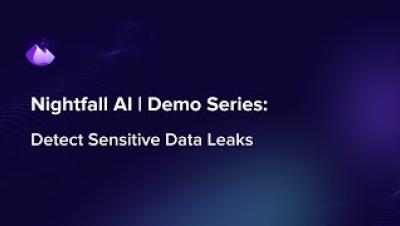LangFriend, SceneScript, and More - Monthly AI News
Memory integration into Large Language Model (LLM) systems has emerged as a pivotal frontier in AI development, offering the potential to enhance user experiences through personalized interactions. Enter LangFriend, a groundbreaking journaling app that leverages long-term memory to craft tailored responses and elevate user engagement. Let's explore the innovative features of LangFriend, which is inspired by academic research and cutting-edge industry practices.




